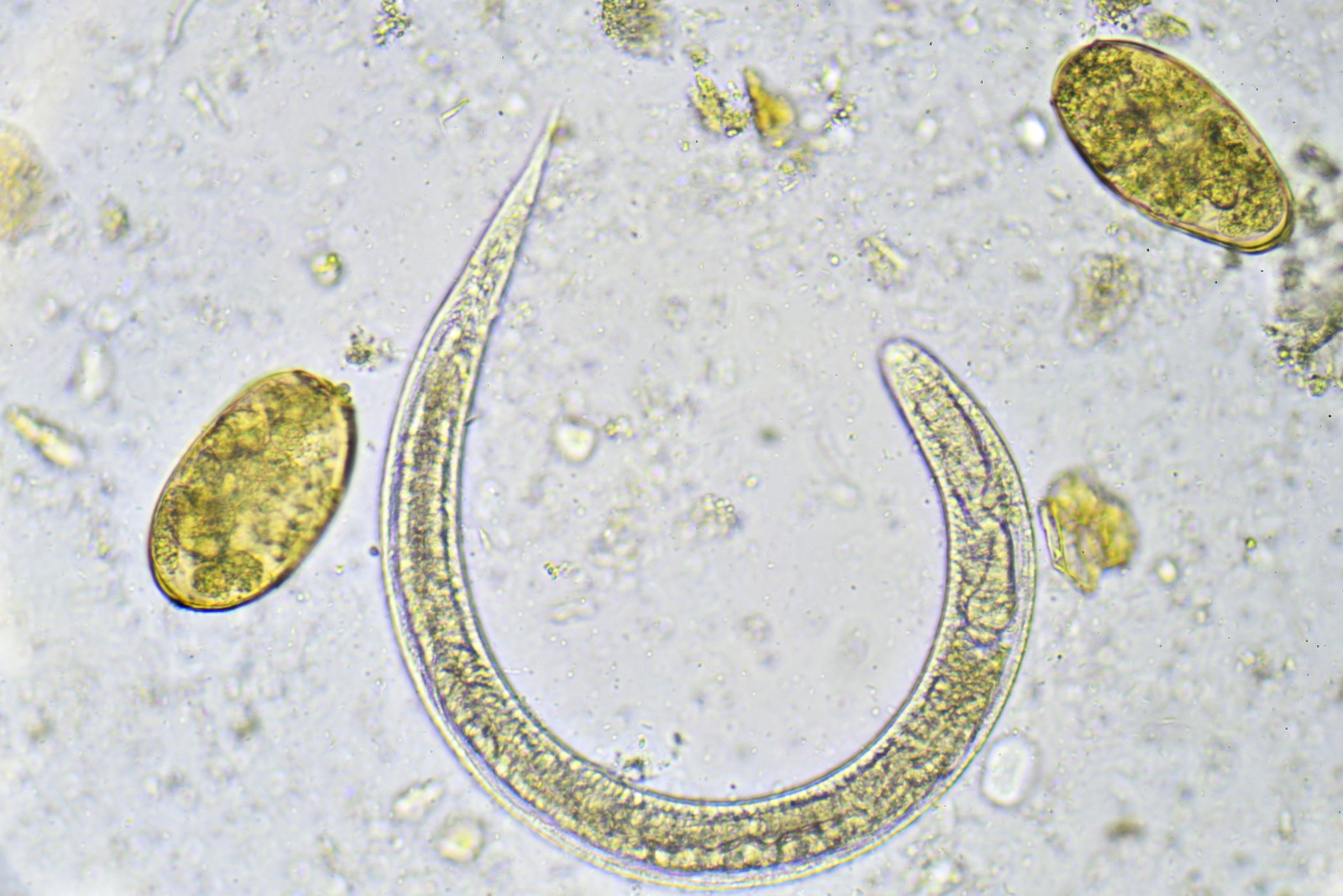- +353 (0)45 866266

External (mites, lice) and internal parasites (redworms, roundworms and tapeworms, etc.) are found in and on horses worldwide. Infestation with external parasites can cause severe itching and hair loss while internal parasites are a frequent cause of poor performance and ill-thrift. They may also cause diarrhoea, colic and even death in some cases.
Test | Parasite detected | Comment |
Faecal egg count (FEC) | Large and small redworms, roundworms, and threadworms |
|
Tapeworms |
| |
Fluke egg screen | Liver fluke |
|
Baermann technique | Lungworm |
|
Cryptosporidium screen | Cryptosporidium |
|
Skin microscopy | Lice and mites |
|
Sign up for our newsletter and keep up to date with industry news!
Sign up for our newsletter and keep up to date with industry news!
Privacy Policy | Terms & Conditions
© Copyright Irish Equine Center. All Rights Reserved | Designed by DMC Consultancy LTD